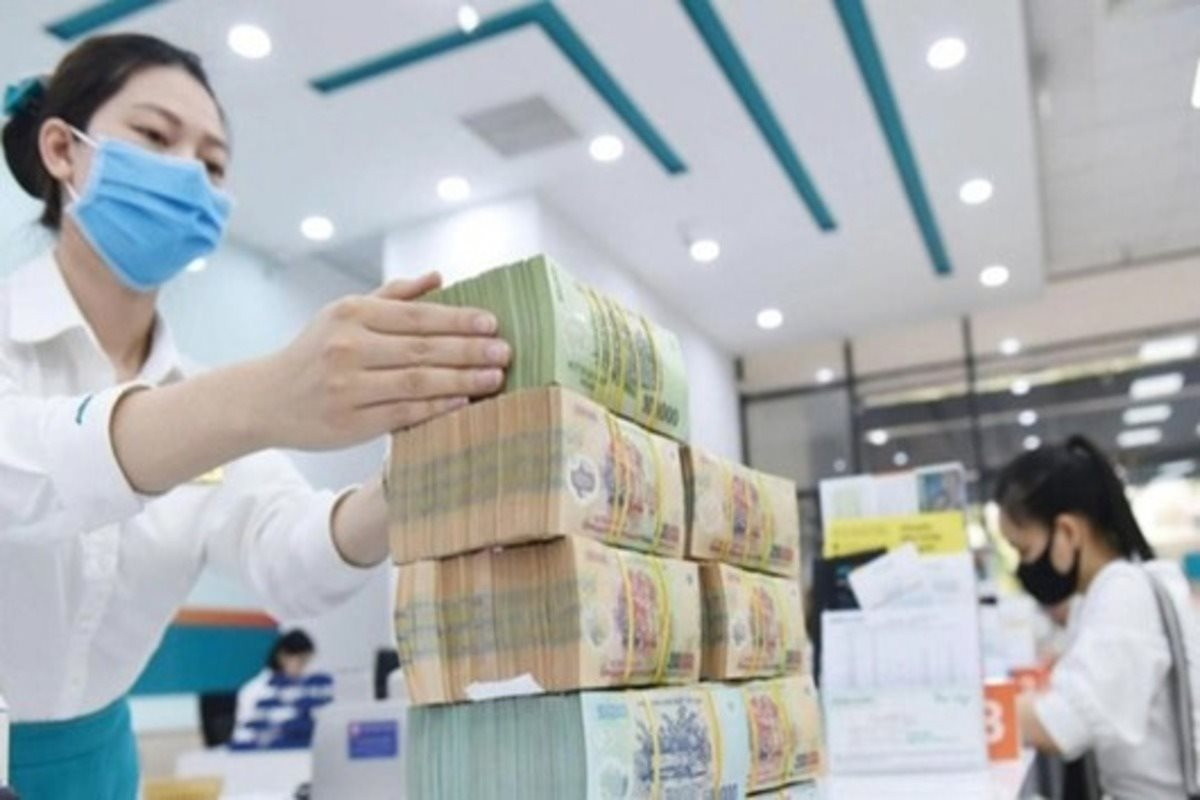Credit Boost: Banks Introduce a Series of Financing Incentives for Import-Export Businesses
A range of support solutions continues to be implemented by banks in tandem with signs of recovery in order volumes. The productive activities hold the promise of stimulating credit demand in the final months of the year.

In the face of numerous challenges confronting businesses, measures such as debt restructuring, maintaining loan groups, and reducing interest rates for lending have been put in place. Nevertheless, credit growth remains sluggish, reflecting the limited capital absorption capacity of businesses.
However, with a slew of support solutions being actively rolled out by banks alongside signs of order recovery, manufacturing operations are generating optimism for a boost in credit demand in the coming months.
Presently, the interest rates for term deposits in state-owned banks have decreased by 0.3-0.5%, while private banks have reduced their rates by more than 0.5-1% in August, with further decreases anticipated. From the beginning of the year until now, deposit interest rates have fallen by 1-4%, deeper than the decrease in the central bank’s policy interest rate.
Consequently, lending interest rates have declined by 1 to 3.5% compared to the beginning of the year, with some banks even offering a 4% annual decrease. This improvement bodes well for credit expectations in the final months of the year.
For instance, Eximbank’s Binh Duong branch is implementing a program called “Favorable Loan Policies for Import-Export Enterprises,” aimed at supporting businesses engaged in import and export within Binh Duong province.
Currently, Eximbank – Binh Duong is introducing numerous incentive programs catering to all customer segments (small and medium-sized enterprises, large enterprises, foreign direct investment enterprises) to aid customers amid economic challenges. Eximbank, in particular, is dedicating a $100 million package with preferential interest rates, reducing interest rates by 1.5% annually, specifically for import-export enterprises.

Additionally, Eximbank – Binh Duong is waiving 20 types of fees for import-export enterprises, including online service fees (domestic transfers, tax payments, salary payments, etc.), fees related to letters of credit (LCs), LC payments, and international money transfers.
According to Mr. Nguyen Quoc Phong, Director of Eximbank’s Small and Medium-Sized Enterprise Customer Department, the domestic economy is unlikely to experience a breakthrough in growth in the final months of this year. However, prospects for the third and fourth quarters of 2023 are better, thanks to growth in exports, consumption, and public investment. Therefore, Eximbank’s incentives are helping import-export businesses save costs and optimize profits in the final months of the year”.
In addition, the bank has introduced a special program for sectors such as wood processing, textiles, leather goods, and footwear, which are the province’s strengths. This initiative aims to share the financial burden, enabling businesses to enhance production and operations in the final months of 2023 and beyond.
According to Mr. Dao Minh Tu, Deputy Governor of the State Bank of Vietnam, as of August 29, 2023, credit to the national economy amounted to approximately VND 12.56 quadrillion, a 5.33% increase compared to the end of 2022 (compared to a 9.87% increase in the same period in 2022)”.
Mr. Tu believes that managing monetary policies has never been as challenging as it is currently, with banks holding excess cash while businesses have excess inventory without market demand for their products. Despite continuous reviews and efforts to address difficulties, the overall economic demand has decreased, and orders have declined. Moreover, major central banks worldwide are increasing interest rates, indirectly affecting Vietnam’s capital absorption.

Another critical constraint on credit is the pressure of lending interest rates. In the late months of last year, many banks raised their deposit interest rates. In particular, the 12-month term reached over 11% per annum, resulting in short-term lending interest rates in Vietnam rising to 13-15% per annum, and medium to long-term rates of 17-18% per annum. With Vietnam’s current inflation rate controlled at approximately 3-4%, experts suggest that short-term VND lending rates should be around 7-8% per annum, and medium to long-term lending rates should be around 10-12% per annum.
Forecasting the interest rate trend, Dinh Trong Thinh, Assoc.Prof. PhD an economic expert, believes that lending interest rates may continue to decrease by about 1% by the end of the year. However, apart from credit, other domestic demand-boosting measures need to be considered.

